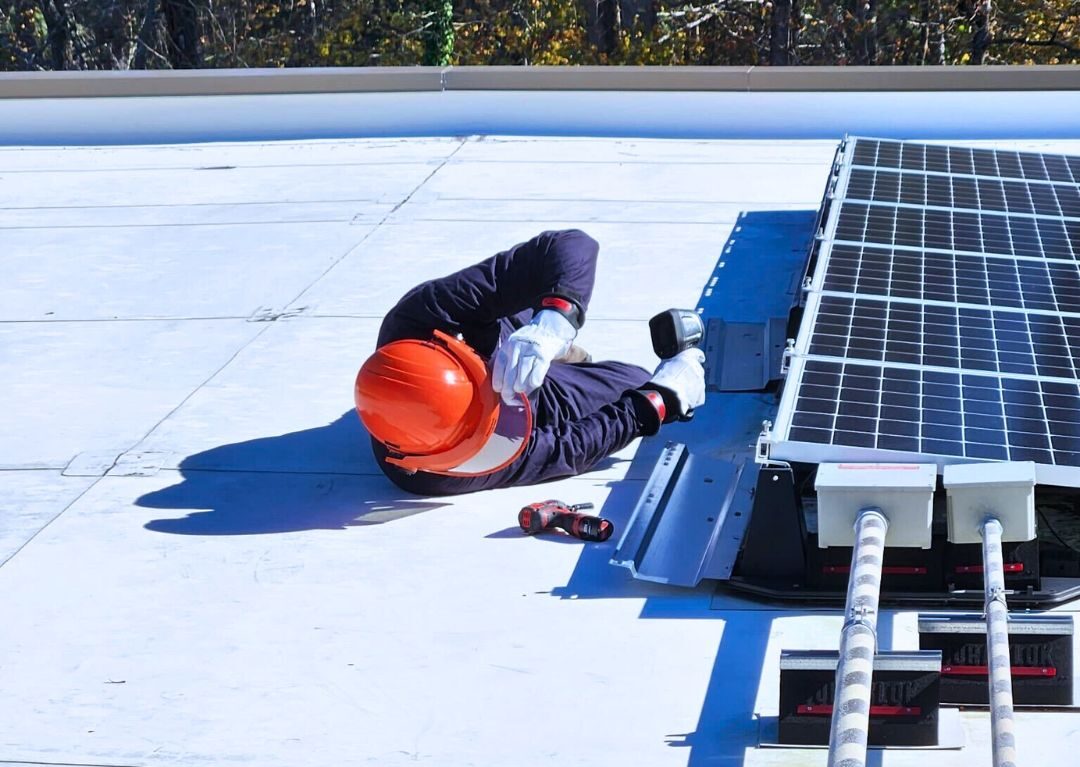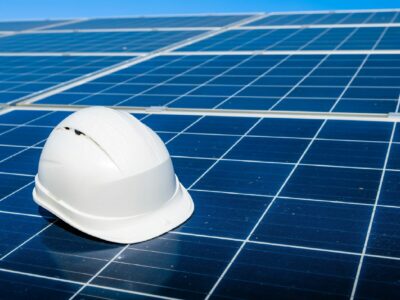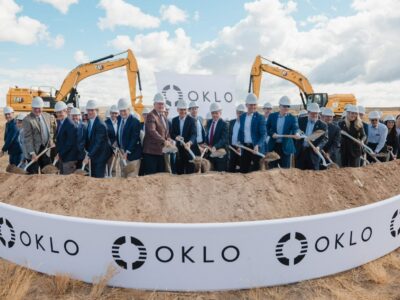The city of Savannah, Georgia made a smart financial move that will benefit taxpayers for decades to come. By unanimous decision, the City Council approved a $5.75 million expansion of its solar energy contract with Atlanta-based Cherry Street Energy. Cherry Street will design, add, and operate 1.26 megawatts (MW) of new solar capacity across 14 city buildings. The investment is projected to save the city approximately $1.4 million over the next 25 years all the while creating jobs and supporting workforce development.
The solar arrays will meet approximately 37% of each building’s energy needs, including the Floyd Adams, Jr. City Services Complex, which housed 435 City of Savannah employees at the time of its opening; the J.S. Delaware Center and Tompkins Regional Center, which promote community recreation and wellness; the Mary Flournoy Golden Age Center, which offers food and recreation specifically for seniors, the Otis S. Johnson Cultural Arts Center, a creative meeting space and visual and performing arts facility; the Savannah Entrepreneurial Center, which provides business training to increase local business creation, plus the Savannah Police Central Office, six Savannah Fire Department stations, and the Industrial & Domestic Water Treatment Plant.
The solar arrays will help the city move closer to its goal of achieving electricity from emissions-free energy sources for all municipal sites. The City Council unanimously approved the 100% Savannah Clean Energy Plan in 2020, with 100% clean electricity slated for 2035 and 100% clean energy for all other uses, including heating, industry, and transportation, by 2050.
However, the plan acknowledges that it will face challenges: “For a City like Savannah that has an ongoing relationship with a utility company, it is not possible to serve load with renewable energy 100% of the time unless the utility has a 100% renewable energy mix. Since our utility does not, Savannah has little choice but to continue to receive non-renewable electricity through 2035.” The city will therefore work to help transform this energy mix and purchase renewable energy credits. A City Council meeting document notes that the Cherry Street program is another step forward, set to “continue the City’s leadership in the clean energy space by positioning us to install the first floating solar array in Georgia.”
Before he called the motion to approve the contract, Savannah Alderman Nick Palumbo said that he was “super honored to keep the ball rolling as we continue to pursue our clean-energy goals.” As he elaborated at the installation of the panels on the Floyd Adams Jr. Complex, “This is far beyond saving the planet which we’re doing here today. It’s all about just building a smarter government here in these municipalities. Not only do these panels pay for themselves, they actually return a net benefit to the taxpayers to the tune of $50,000 per year.”
This is all occurring in the district of Rep. Buddy Carter (R-GA-01), who last year told Fox News Digital about his support for an all-of-the-above energy approach. “I do believe in climate change. I believe that it’s real. And I believe that it is impacted by man. And I believe it is cyclical and that we are going through one of those cycles,” he continued. “If we are just going to stick our head in the sand, we’re going to miss the boat, we’re not going to have an opportunity to be involved at all,” he said. “I believe in an all-of-the-above type energy strategy. Listen, I wish we could go to total solar and total wind and be done with it. But we can’t, and it’s naive of anyone to think that we can. But if we take an all-of-the-above type energy strategy, then I think we can achieve what everyone wants to achieve.”

Photo Courtesy Cherry Street Energy
Savannah’s new expansion builds on an existing solar program, following the execution of the original contract with Cherry Street in 2022. With about 1.1 MW of solar power spanning 15 buildings, including an administrative building, several community centers, four fire departments, a police training center, a water treatment plant, and a water reclamation plant, that first phase has already demonstrated significant economic benefits. The arrays had generated 1,000 megawatt-hours of clean energy as of last July, saving the city over $45,000 in utility costs in less than a year, and providing three roof replacements valued at over $300,000.
Savannah’s solar initiative is part of a broader trend in which communities are recognizing that clean energy makes good financial sense. The project structure includes no upfront costs for installation, with the city paying for the solar panels over time, based on periodic energy production. Palumbo explained that the City expects the savings to outweigh the cost that will be paid over time: “Over 25 years, we expect all 19 facilities to be about $6 million, with the savings being greater than that.”
Beyond the direct savings to taxpayers, the program has created valuable job training opportunities for residents of Savannah. Eight previously unemployed or underemployed locals completed job training through the first phase of installations, with most now working on Georgia BRIGHT. This federally funded leasing program makes solar more affordable for low and moderate-income homeowners.
For Savannah residents like Jajuan Washington, the program has opened doors to new career paths. He reminisced, “I started going along with it. I started liking it, and then I turned to, like, loving it. I want to own my own business now because this is the start.”
This article was created on April 1, 2025 with the assistance of the generative artificial intelligence (AI) tool Claude 3.7 Sonnet, using the linked company websites, press releases, reports, or external media coverage as inputted source material. It was then reviewed, fact-checked, and edited by one or more team members to ensure factual accuracy and consistency with editorial standards before publication.
While we strive for precision, reliability, and quality, readers should be aware that AI-generated content may have limitations in contextual awareness and nuance and may not be completely unbiased, consistent, error-free, or up-to-date. We recommend using this content only for informational purposes, as well as independently verifying it or conducting further research to supplement it. If you notice any inaccuracies or have concerns about this content, please contact our research manager at greg@consensus-digital.com.





